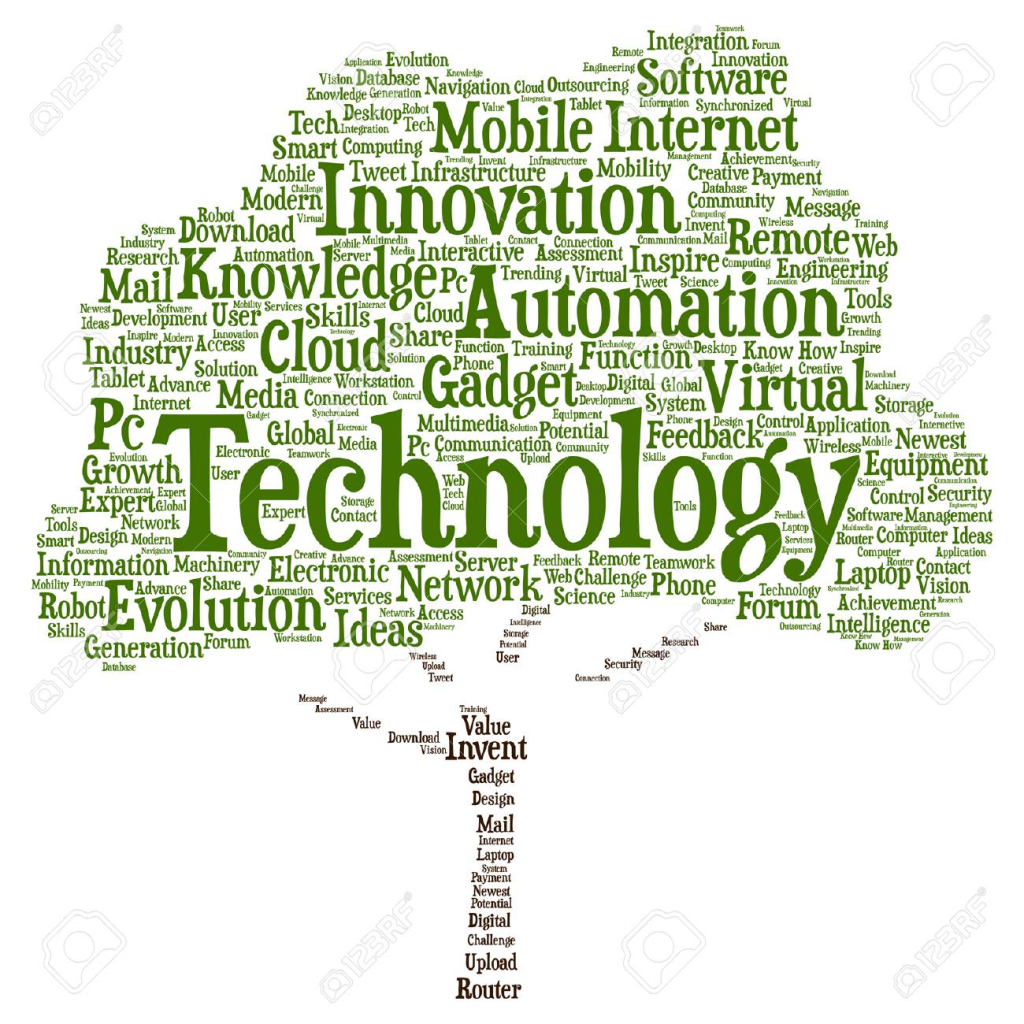In the constant juggling between work and personal life, work-life balance is vital for comprehensive well-being. Finding harmony requires a holistic approach to daily life. Setting limits, improving time management, and prioritizing self-care help achieve this balance. On this journey, we see that a healthy work-life balance boosts happiness and professional achievement. Practical tips for a happier life are revealed in our work-life balance. In the hunt to make every aspect of your life matter, you often ignore the importance of achieving balance. Whether organizations think or not about how to improve work-life balance for employees, you should always think about it. Regarding this, very few understand that money and time are equally important to life balance.

Is work-life balance important?
Yes, it is! Every area matters, and focusing on a single area without noticing the others is discouraging because they are closely bound. Even the word ‘effort’ means a single effort rather than an ongoing attempt
In reality, imbalance indicates the misalignment of principles that you consider important as well as how you act on them. All this comes along with the possibility that your expectations about achieving work and life balance are silly. This leads to their not understanding them properly.
With impossible expectations, you cannot effectively achieve your strategies for improving work-life balance. Your keen examination of experience can help you gain wisdom and inspiration so you can develop navigational intelligence to improve your choices and invest in the best decisions.
You need to direct your attention to the concepts that are necessary for making significant choices in order to ensure that the challenges and solutions you have with work-life balance are effective and meaningful.When talking about work-life balance strategies for employees, you might get a lot of advice on how to make everything better. However, when it comes to the question of whether work-life balance is important, a pivotal point can be stated.
Authenticating your expectations
People often do their acts according to misguided models or assumptions. This never leads you to achieve maximum-quality results unless your expectations and realities are in line. Your attitude towards circumstances greatly affects your thoughts, behaviors, and expectations.
Therefore, it is necessary to validate your learning by seeing reality. True balance does not reflect allocating the balance on both sides but rather creating it in a holistic capacity.
Development of navigational intelligence

Your path might have made you come across several work-life balance examples. However, you need to develop the fine ability to deal with stress. Making a master plan and following it can be a great effort towards your goal. Moreover, your navigational intelligence contributes to your ability to make good judgments and decisions. Also, it requires awareness and focus, which are important when you focus on something else as well.
Refining your efforts
If you simply follow tried-and-true methods and strategies for maintaining a healthy work-life balance once, you won’t see any improvements for a considerable amount of time. Instead, it will demand your efforts and influence over time to achieve the balance. At times, you might require guidance and motivation to polish your ability to manage several things. Undertaking a questionnaire for work-life balance would help you analyze where you stand and what steps you are required to take.

More and more people today dream of achieving work and life balance without affecting any area. Following strategies for improving work-life balance can be a challenge but a great start. You might know several tips for improving the balance between work and life. However, at times, it is best to relax and follow the best of them.
Think smart, and work smart.
Think smart and work smart” is a deliberate approach to productivity and problem-solving that goes beyond effort. It emphasizes smart decision-making, effective planning, and resource management. Smart thinking allows for deliberate analysis, innovative problem-solving, and foresight, enabling agility. Working smart emphasizes efficiency over labor.
Prioritizing work, simplifying procedures, and embracing innovation define this approach. Efficiency is emphasized, increasing production without effort. This motto promotes adaptation, continual development, and technology and resource use to maximize results.
Complexity and quick change make thinking and working strategically essential for attaining goals with accuracy, increasing impact, and maintaining a healthy work-life balance.
Hard work always pays off, but with smart work, you can achieve the desired work-life balance. Efficient time management is one element in this step. Following the right combination of smart work and hard work will surely save you from work stress. Also, technology might help you here. Rather than dreaming and delaying, learn to say yes and no.
Time management

One of the most game-changing pieces of advice is that you should dedicate time to your priorities. Whether the activity is big or small, it does not matter; you need to act on it. You should always start with the most important and flexible tasks. Moreover, never try to fit everything into 24 hours.
You can spread your tasks and activities over the week to easily work on them. For efficient time management, make a plan in your mind or on paper. Through this, you will be able to follow a plan. Multi-tasking is also a great thing to do. Remember, do not mess things up while multitasking. Instead, you can overlap things of similar nature.
Do not bring work home
A mental on-off switch might sound like a confusing thing. However, it is the gateway to developing the perfect work-life balance. Bringing the stress and burden of work home. Keeping work and personal life separate is essential for well-being and work-life balance.
The advice to “not bring work home” is vital to this goal. Individuals may protect their personal time for rest, relaxation, and meaningful interactions by separating work and leisure. This technique improves mental clarity and prevents work-related stress from entering the house.
Limited business-related tasks outside the office boost productivity during work hours and minimize burnout. Leaving work at work promotes self-care and family time, creating a more sustainable and meaningful lifestyle. Honouring this barrier promotes a healthy existence, balancing work with personal refreshment.
PDCA stands for ‘Plan-Do-Check-Act
This ‘Plan-Do-Check-Act’ is a continuous improvement cycle that underpins effective management and problem-solving. In planning, goals and methods are carefully established to guide future activities. In the ‘do’ phase, the plan and processes are executed.
The ‘Check’ step compares results to goals to find inconsistencies and opportunities for improvement. Evaluations are used to modify procedures and boost efficiency in the ‘Act’ phase.
This iterative strategy promotes flexibility and learning, keeping firms nimble and responsive in a changing environment. Many sectors use the PDCA cycle to improve continuously, emphasizing contemplation, adjustment, and evolution to achieve perfection.
This technique helps to plan the task strategically and tactically. Execute (DO) the task based on a timeline, priorities, and importance. Check the status of each task, whether it’s meeting timelines, results, or not. If not, check what went wrong and where it can be improved.
Build this habit and focus on continuous improvement (act). This technique helps to manage work-life balance very effectively.
Find an organization where a flexible work schedule is allowed
Working with a flexible schedule is always relaxing. If your organization does not allow a flexible working culture, find a better organization that promotes a better work-life balance culture. There is no point in working more than 11+ hours per day. Overworking simply reduces your creativity and learning ability.
Social life

Why reserve fun for the weekends when you can have it throughout the week? Plan something interesting with your family and friends during the week. If not hours, spend some time doing what makes you happy. This way, you will be able to head into your week with something to look forward to.
Also, it will help you get off to a strong start with a fresh mind and a happy soul. You can plan weekly as well as monthly activities, depending on what you like and enjoy. Sharing experiences, building camaraderie, and growing personally come from social life. Each relationship we have colors our lives.
Empathy, understanding, and belonging come from genuine interactions. Social relationships—family, friends, and community—provide support, encouragement, and various opinions. We cherish and develop ourselves through this constant dance between individualism and community identity.
Healthier mental health depends on a strong social life, which brings shared delight, perseverance in times of struggle, and mutual dependence. In the broad tapestry of life, our social relationships create a tenacious fabric of memories and shared progress, immersing us in human connection.
Make time for yourself and family

The two most important aspects of your life are your family and yourself. They provide the greatest satisfaction and happiness of all time. Therefore, considering your family and relationships as a priority, you can see better productivity on your work front. This is because when one aspect is balanced, the other comes in smoothly.
As much as family and work matter, you are the center of attraction in your life. Recognition of oneself is fundamental to the rich fabric of life, where family and work weave essential threads. You shape your path as the center of your existence. Your originality draws attention, while family and work support you. Your inner world nurtures dreams, passions, and progress.
Nurturing your soul is essential to happiness. Recognizing your value and prioritizing self-care strengthens the groundwork for meaningful relationships and success. Balance between outward duties and interior fulfillment creates a more robust, honest, and rewarding existence where self-discovery lights the route forward.
Keep in mind that while a new employee can replace you at work in two to three months, this is not true of your personal life. Health first, and try to maintain good health by regular exercise and consuming a healthy diet. Spend quality time with family after work and especially during the weekend. This will reduce stress and increase your efficiency at the workplace.
Bottom Line
Nothing would exist in your life without you. Therefore, make time for some pleasures you feel happy about. It’ll be wonderful in every way. You create your own world and hang your existence on it. Without you, experiences, relationships, and accomplishments would be meaningless.
Recognizing this fundamental reality requires carving out moments of delight and pleasure that reflect your true happiness. Taking time for your passions isn’t indulgent amid the many duties; it’s a celebration of you. Simple or profound, these joys make life richer and more vivid.
Enjoying a cup of coffee in the morning, reading a nice book, or doing something you love are essential to your well-being. By intentionally creating room for these joys, you recognize your individuality and strengthen your resilience and happiness.
In the hustle and bustle of life, the greatest present you can give yourself is time and space to enjoy the small delights that make you happy. Self-nurturing creates a life with meaning and fulfillment.
In Conclusion!
Finding a better work-life balance is a continuous process that permeates our everyday lives. Setting limits, managing time, and prioritizing self-care can help people achieve balance. This goal goes beyond work-life balance to create a satisfying and sustainable existence. Accepting the complexity of this task reveals that balance is not a one-size-fits-all goal. It requires adjusting to changing priorities, using support systems, and valuing professional and personal success. Balance becomes essential for pleasure and productivity as we navigate modern life. These ideas allow us to live a fuller, more peaceful life where professional goals and personal fulfillment coexist in a delicate yet strong balance.
